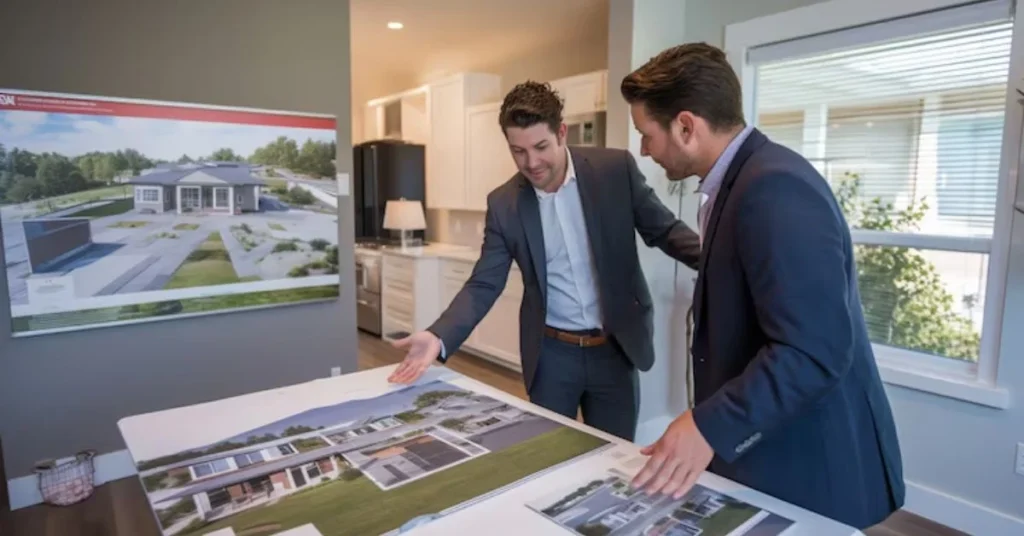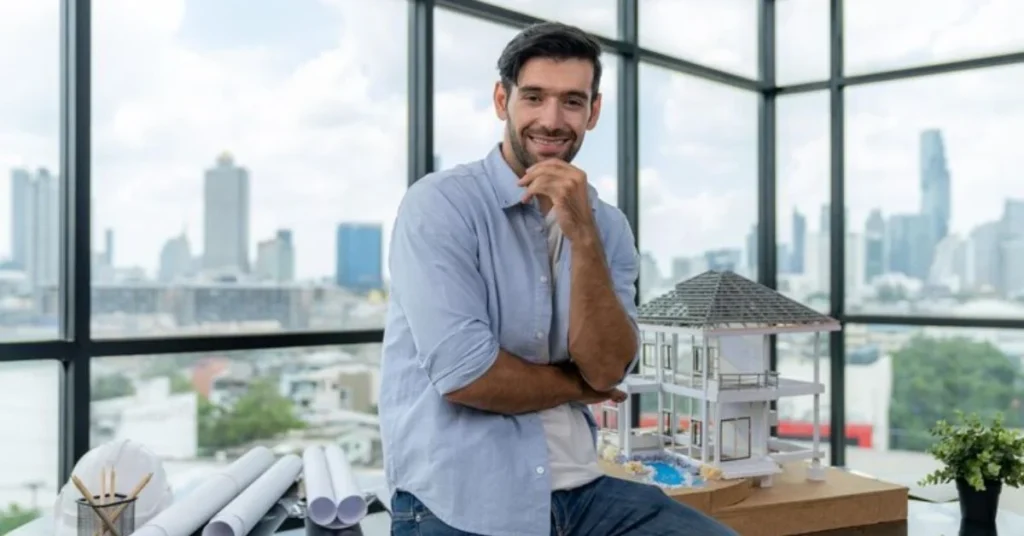In an industry often defined by tradition and slow pivots, Pedro Vaz Paulo stands out not as a disruptor in the conventional tech-startup sense, but as a strategist who redefines how value is perceived, created, and sustained in real estate. His approach—rooted in data, tempered by ethics, and forward-facing in vision—has made him a reference point for investors and urbanists alike.
This profile offers an in-depth look at Vaz Paulo’s evolving philosophy of real estate investment, exploring how his methods have impacted property markets, community growth, and sustainability trends across both emerging and established geographies.
Early Career Foundations
Pedro Vaz Paulo’s journey into real estate investment wasn’t linear. With a background in economics and urban sociology, his early work revolved around urban planning policy and demographic analytics. It was through this lens that he first engaged with property markets—not as assets to be flipped, but as infrastructure within broader systems of community, economics, and environment.
After a stint advising city governments on zoning reform, Vaz Paulo transitioned into private investment, bringing with him an unusually analytical and socially-conscious framework. His first major fund focused on mixed-use properties in mid-sized European cities—a calculated bet that paid off handsomely and established his reputation.
A Signature Philosophy: Holistic Value Investing
Pedro Vaz Paulo doesn’t just buy low and sell high. His investment strategy is built around “holistic value creation”: a three-part framework that measures potential returns across financial, social, and environmental vectors.
1. Financial Resilience
Rather than chasing trend-driven hotspots, Vaz Paulo targets undervalued corridors with long-term fundamentals: job growth, infrastructure investment, and housing demand. His firm’s proprietary algorithm scores neighborhoods based on over 50 indicators, including:
- Commute patterns
- School district rankings
- Crime-to-redevelopment ratios
- Walkability and green space metrics
2. Social Relevance
A key tenet of his model is stakeholder alignment. Each investment includes a community engagement protocol, ensuring that redevelopment projects align with local needs. This often includes:
- Community-based design charrettes
- Workforce housing allocations
- Partnerships with local businesses and artisans
3. Environmental Foresight
Vaz Paulo is an advocate of regenerative development—a step beyond sustainability. His firm prioritizes:
- Net-zero construction retrofits
- Adaptive reuse of historic structures
- Integration of green roofs, solar grids, and water harvesting systems

International Footprint
From Lisbon to Bogotá, Pedro Vaz Paulo’s portfolio spans continents but maintains a consistent ethos. Each regional fund adapts to local contexts but is underpinned by shared principles of transparency, data-driven decision-making, and cultural sensitivity.
Europe
In cities like Porto and Valencia, Vaz Paulo has focused on heritage property revivals, turning neglected buildings into vibrant multi-use hubs that combine housing, coworking, and cultural space.
Latin America
In Medellín and Buenos Aires, his team has piloted public-private partnerships to regenerate post-industrial areas into green corridors with mixed-income housing and community services.
North America
Recent forays into the U.S. Sunbelt focus on climate-resilient development, particularly in urban fringes where sprawl has outpaced infrastructure.
The Role of Technology
Pedro Vaz Paulo was among the early adopters of PropTech integration within investment workflows. His firm uses:
- Machine learning for pricing forecasts
- Blockchain for title management and investment transparency
- IoT sensors in managed properties for real-time performance data
These tools allow his team to respond dynamically to market signals, tenant behavior, and environmental metrics.

Ethics in Action
Unlike some real estate firms that speak of ethics only in mission statements, Pedro Vaz Paulo institutionalizes it. His investment committee includes a dedicated ethics officer, and every project undergoes an “impact audit” that evaluates:
- Displacement risk
- Gentrification spillover effects
- Carbon lifecycle assessments
These audits are published as part of the firm’s investor disclosures.
Mentorship and Thought Leadership
Beyond investing, Vaz Paulo is a mentor to a generation of developers and urban strategists. He lectures at universities, supports urban innovation labs, and writes extensively on topics such as:
- The role of housing policy in social mobility
- Financing models for circular construction
- Land use reform and equity
Challenges and Controversies
No figure operating at scale is without scrutiny. Critics have questioned whether community partnerships are more performative than participatory. Others point to the difficulty of scaling ethical redevelopment without trade-offs.
Vaz Paulo has responded with transparency, publishing community feedback, adjusting models, and maintaining open data dashboards for all active projects.
Looking Forward
Pedro Vaz Paulo believes the future of real estate lies in convergence: where finance meets social science, where innovation meets inclusion. His upcoming initiatives include:
- A climate resilience REIT focused on coastal cities
- A modular housing factory in collaboration with local governments
- An open-source toolkit for cities to assess redevelopment readiness
Final Reflections
Pedro Vaz Paulo does not claim to have all the answers. But in a field where speed often trumps substance, his insistence on depth, on listening, on building for the long arc, makes his work a blueprint worth studying.
Real estate, he argues, is not just about land or buildings. It is about shaping how we live. And in that shaping, there is power—to disrupt, yes, but also to heal.
This article is an original feature crafted for educational and illustrative use, styled in the journalistic tradition.
For more information, click here.









